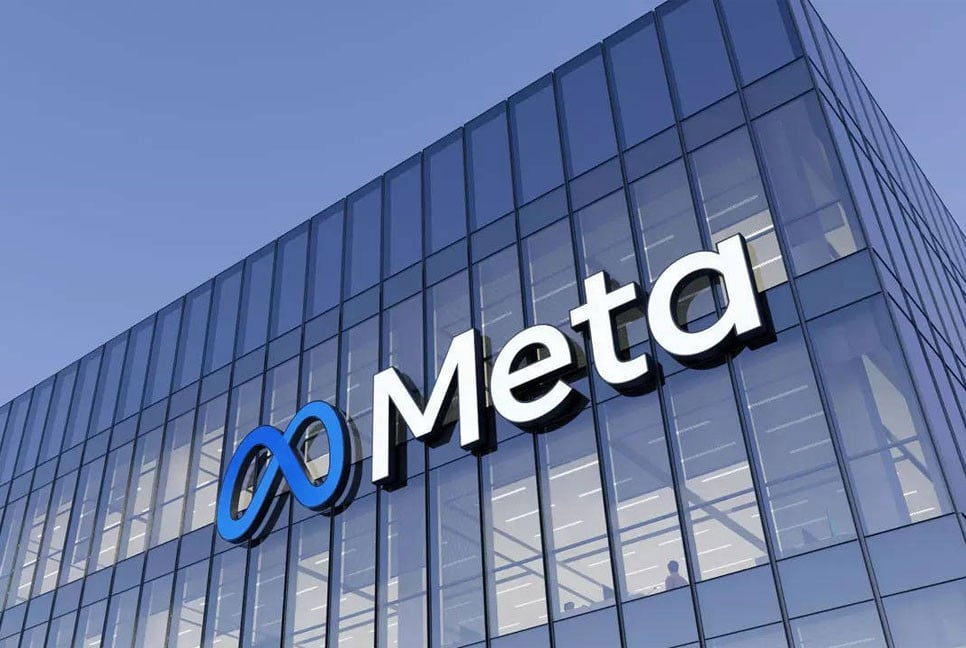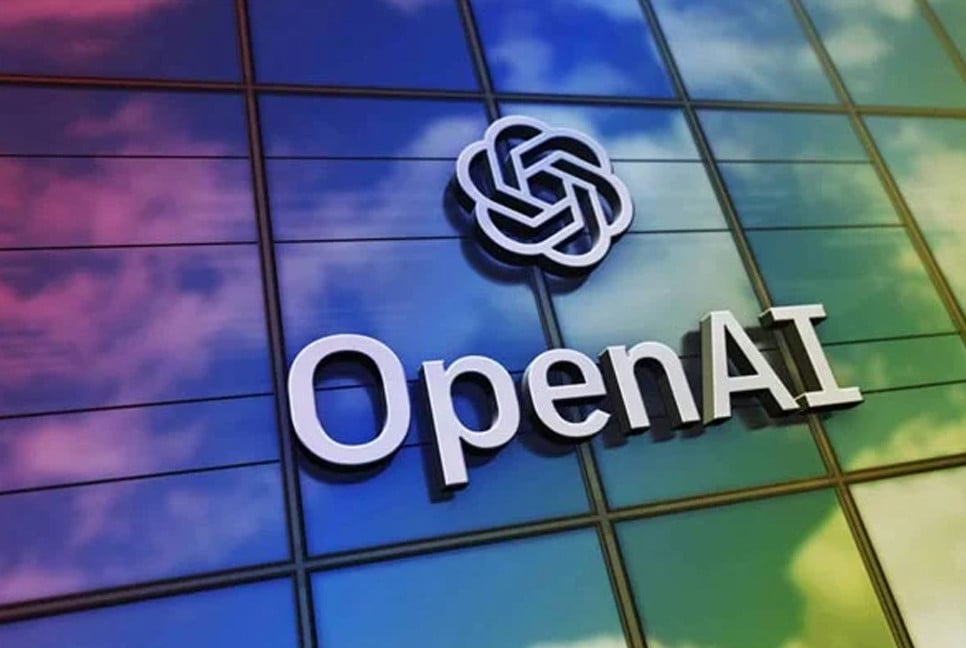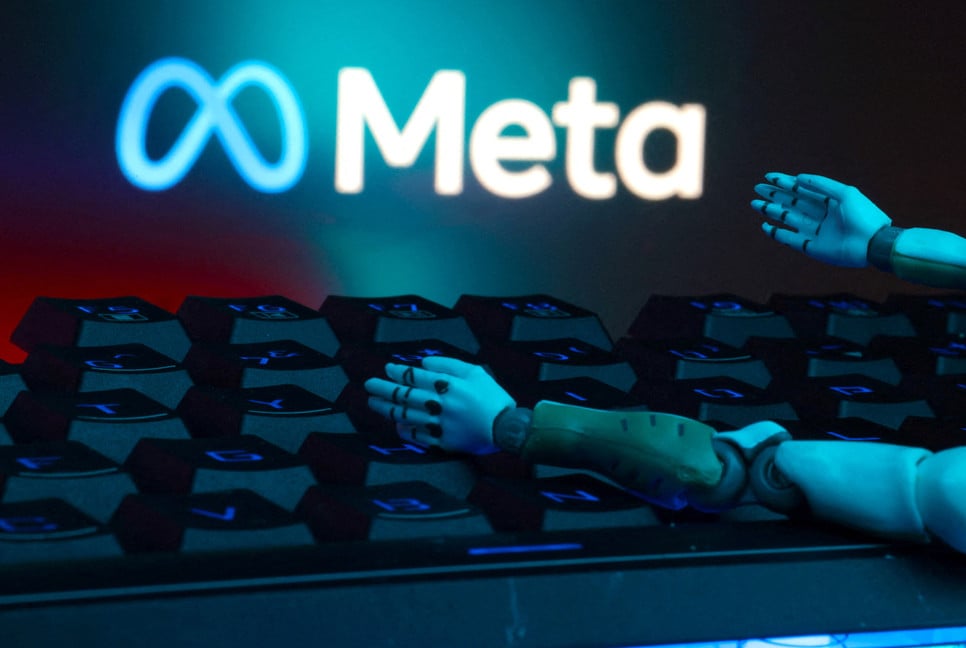Meta Platforms, the parent company of Facebook, has launched a series of performance-based layoffs, reducing its global workforce by 5%, or approximately 4,000 employees. This move is in line with CEO Mark Zuckerberg’s strategy to "raise the bar" on performance and streamline operations.
Employees affected by the cuts are being informed via both their work and personal emails, which include details on severance packages. Their access to company systems is revoked within an hour of notification. In the United States, layoffs began at 5 a.m. Pacific Time. However, employees in Germany, France, Italy, and the Netherlands are exempt from immediate cuts due to local labor regulations and will follow their respective performance management processes instead.
Although initial notifications are focused on the U.S., Meta plans to notify employees in other regions, including parts of Europe, Asia, and Africa, between February 11 and 18. The layoffs are expected to have a significant impact on the company’s workforce worldwide.
Simultaneously, Meta is expediting the hiring of machine learning engineers and other critical technical roles to align with its strategic focus on artificial intelligence for 2025. The company aims to fill these positions between February 11 and March 13.
The layoffs have created anxiety within the workforce, with some employees expressing concerns about a potential culture of fear. Many worry that the performance-based nature of the cuts could negatively impact the reputations of departing employees, harming their future job prospects.
Meta’s layoffs are part of a larger trend in the tech industry, where companies are re-evaluating their workforces in response to economic pressures and the growing emphasis on AI-driven innovation. Other tech giants, including Google and Microsoft, have also carried out similar layoffs and restructuring to focus on AI initiatives.
As Meta moves forward, the company emphasizes its commitment to maintaining a high-performance culture while investing in future technologies that will redefine digital interaction.
Source: UNB
Bd-pratidin English/ Jisan


































































